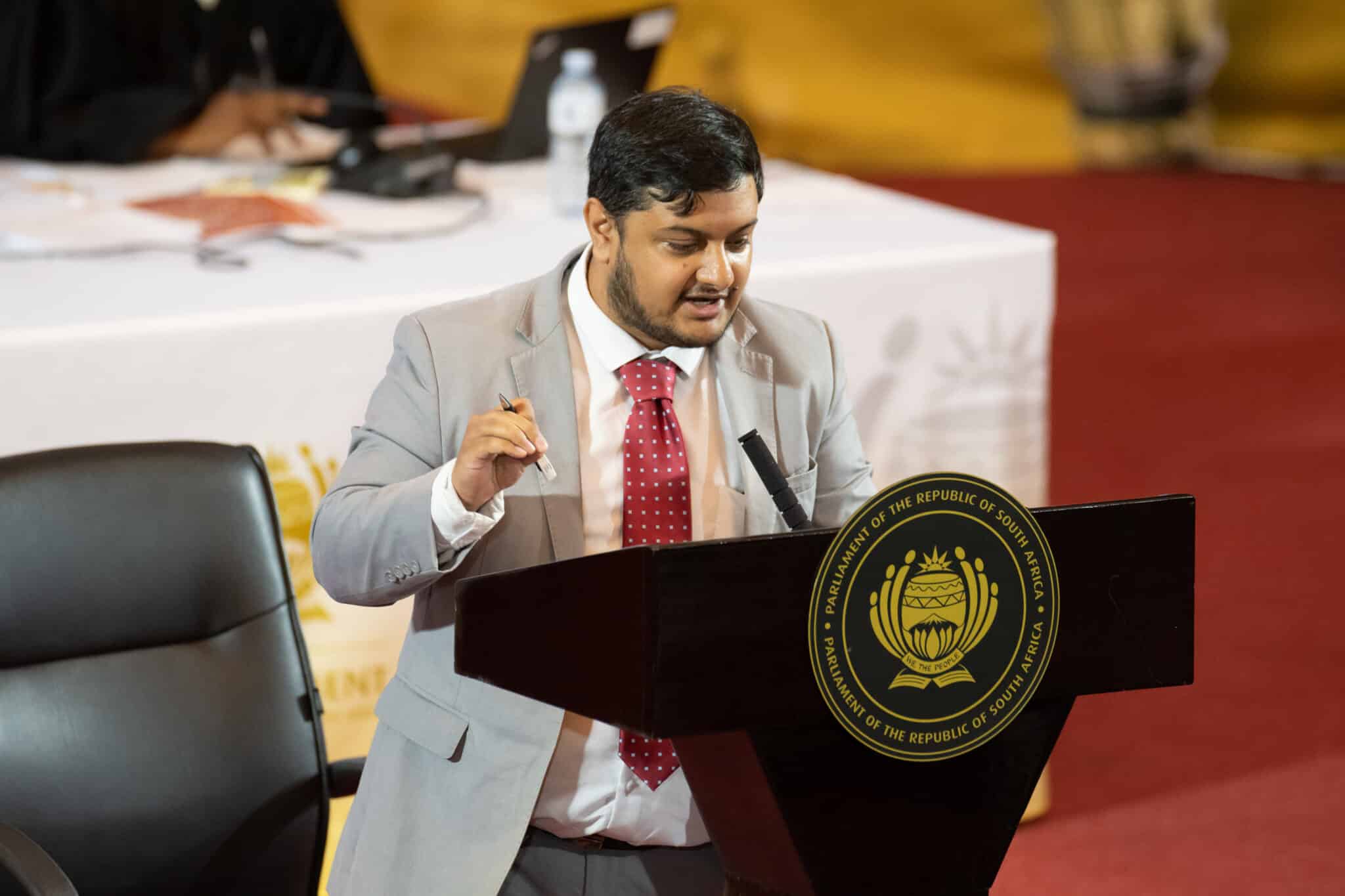
PRETORIA, Aug 14 (Reuters) – South Africa’s new government is committed to rapid reforms that could help push growth to at least 3.5% in the medium term and reduce unemployment, Deputy Finance Minister Ashor Sarupen said on Wednesday.
Growth in Africa’s most industrialised nation has been anaemic in the last decade owing partly to an energy crisis and challenges in the state-dominated logistics sector, while unemployment and inequality have risen. The economy grew 0.6% in 2023.
President Cyril Ramaphosa, whose African National Congress (ANC) was forced into a government of national unity after losing its parliamentary majority in May’s election, has repeatedly urged reforms to boost growth and jobs.
The official unemployment rate hit 33.5% in April-June of this year, not far off record highs.
Sarupen, of the free-market Democratic Alliance (DA), said the unity government acknowledged that reforms “need to happen with pace to get people into jobs”.
“There’s appetite for reform and that’s been heartening to see, and that’s made the transition also a little bit easier,” Sarupen told Reuters in an interview at his office in Pretoria.
South Africa’s GDP even shrank 0.1% in the first quarter from the previous one, though it was up 0.5% year-on-year.
“We’ve got to get growth in the medium term, so at the end of three years, maybe to the outer year … I think we’ve got to try to get that up to 3-1/2%,” Sarupen said.
Some political analysts had feared the divergence in ideology between the two biggest parties in the government – ANC and DA – would make it hard to agree how to revive the economy.
Sarupen, who shares the role of deputy finance minister with the ANC’s David Masondo, added that, while the government would maintain its fiscal path and discourage higher spending, he had a new appreciation for the constraints on the Treasury.
Two big contributors to government spending in recent years have been the public sector wage bill and a 350 rand ($19) per month grant introduced in 2020 to support those hardest hit by the COVID-19 pandemic.
Sarupen said he would support keeping the grant beyond 2026 and perhaps converting it to a basic income payment:
“For social stability, for social security, and if it can be accommodated within the fiscal envelope as it stands … I think it should stay in place.”
($1 = 18.0526 rand)
(Reporting by Kopano Gumbi; Editing by Olivia Kumwenda-Mtambo and Kevin Liffey)

